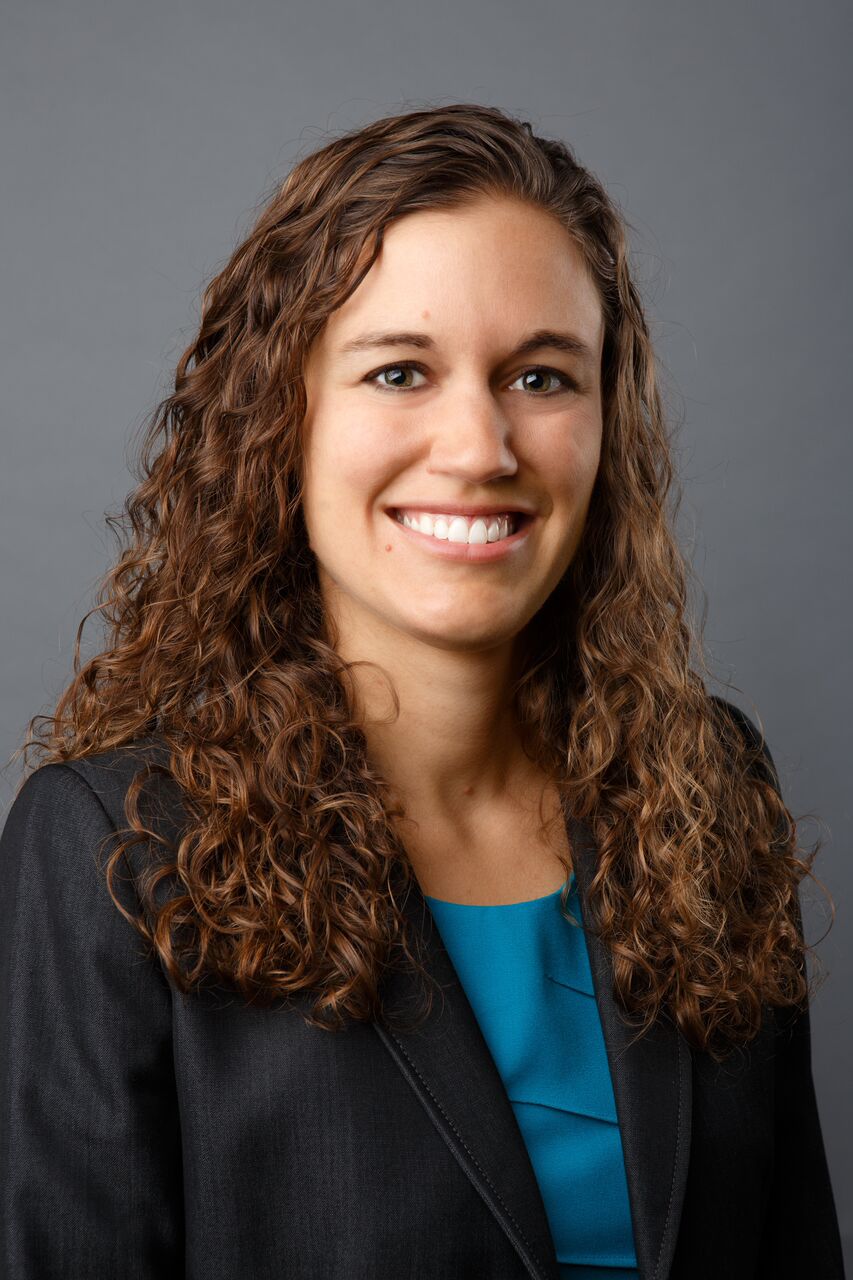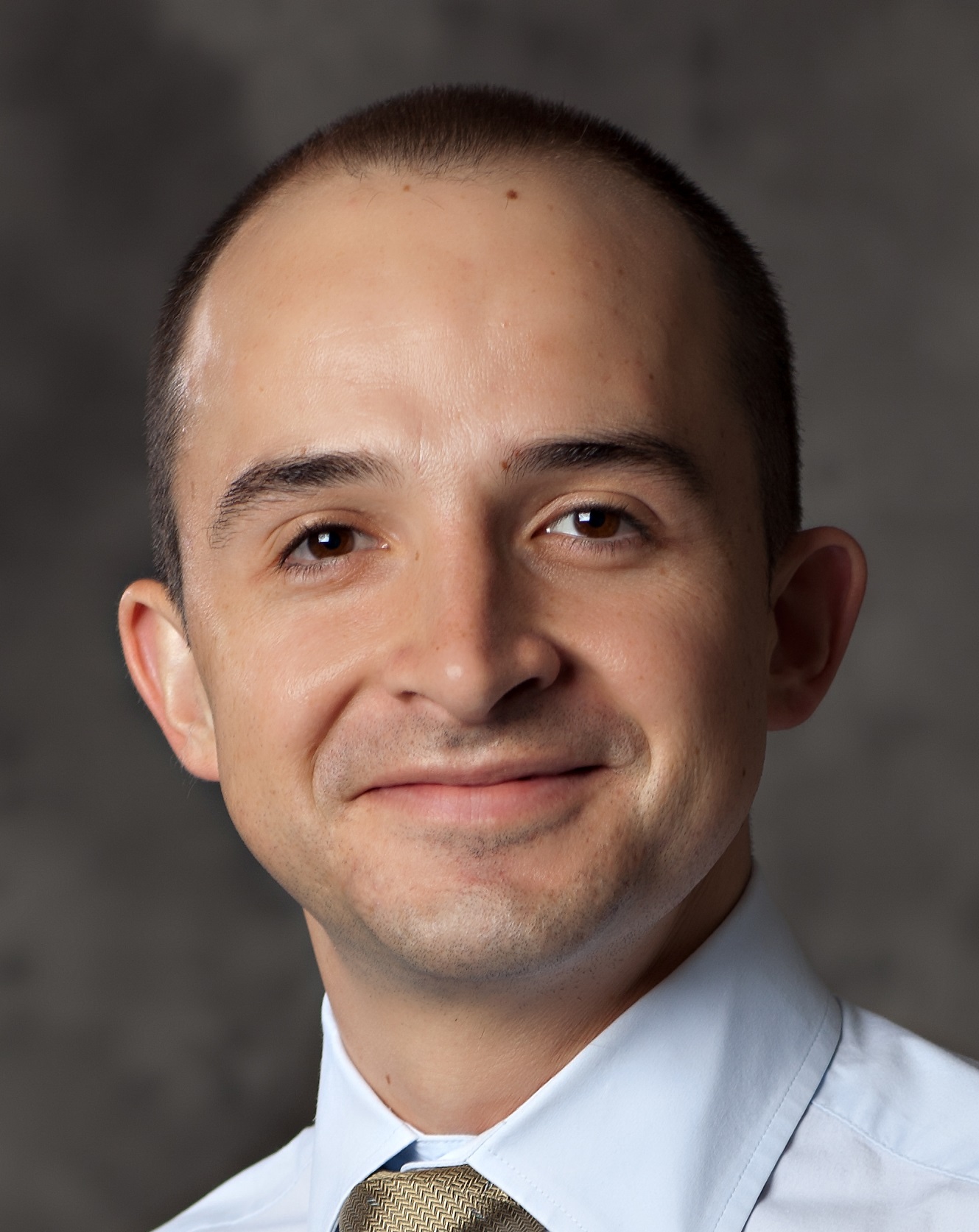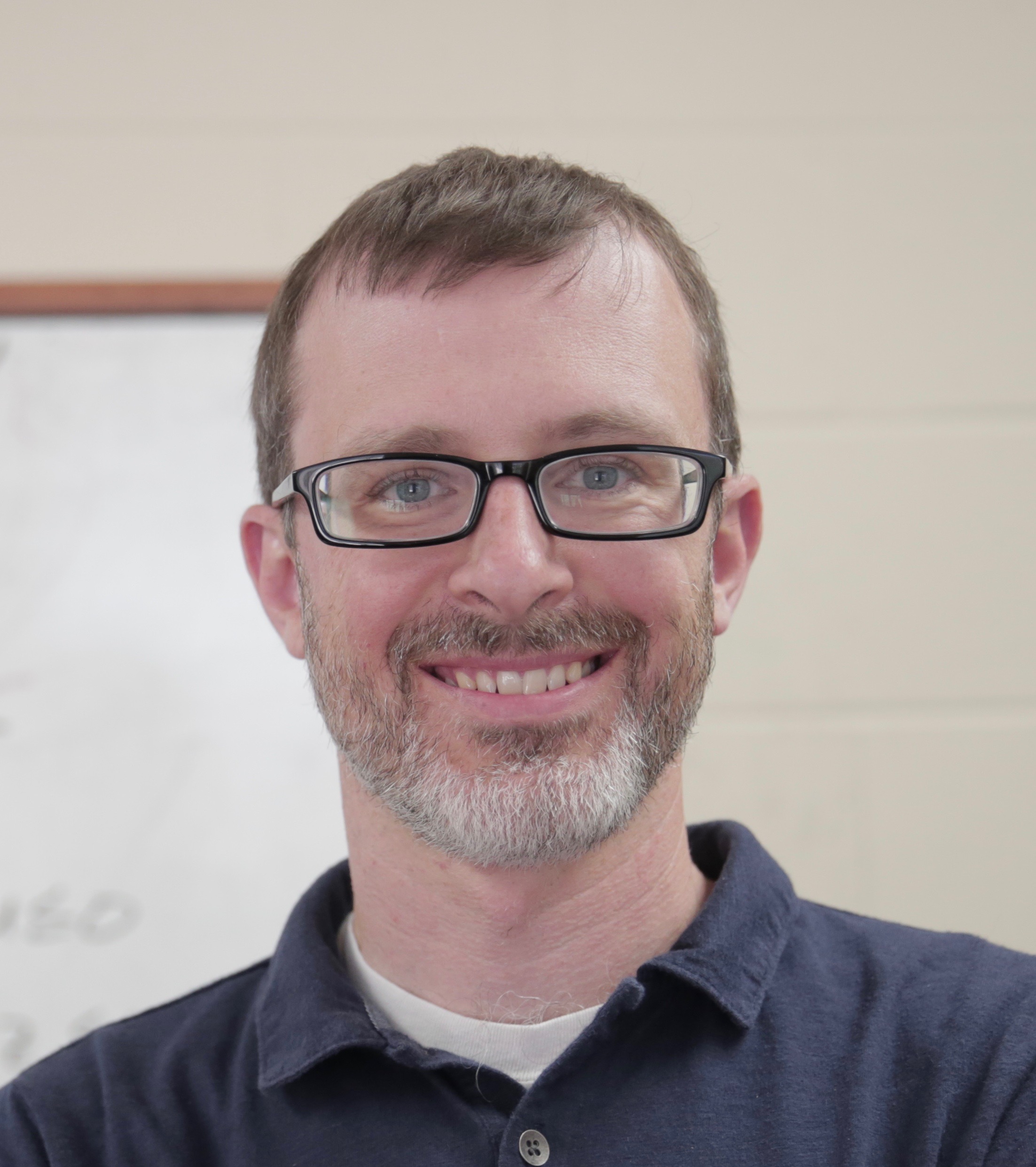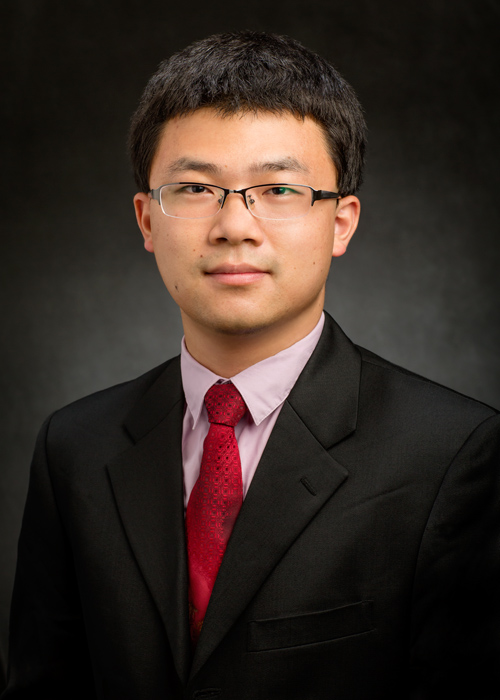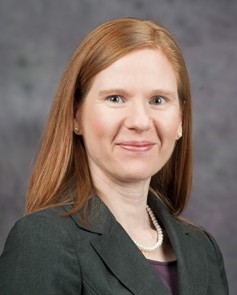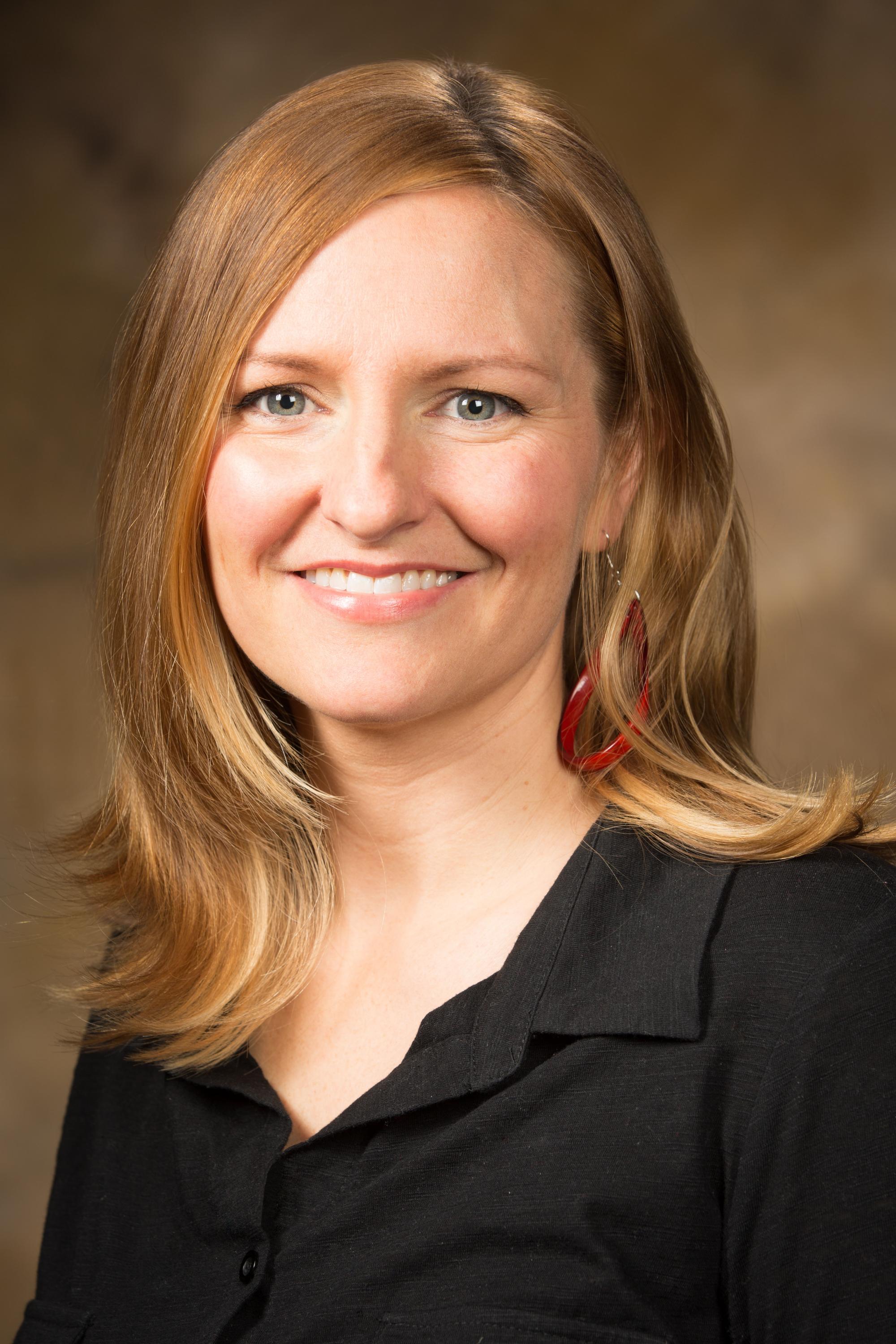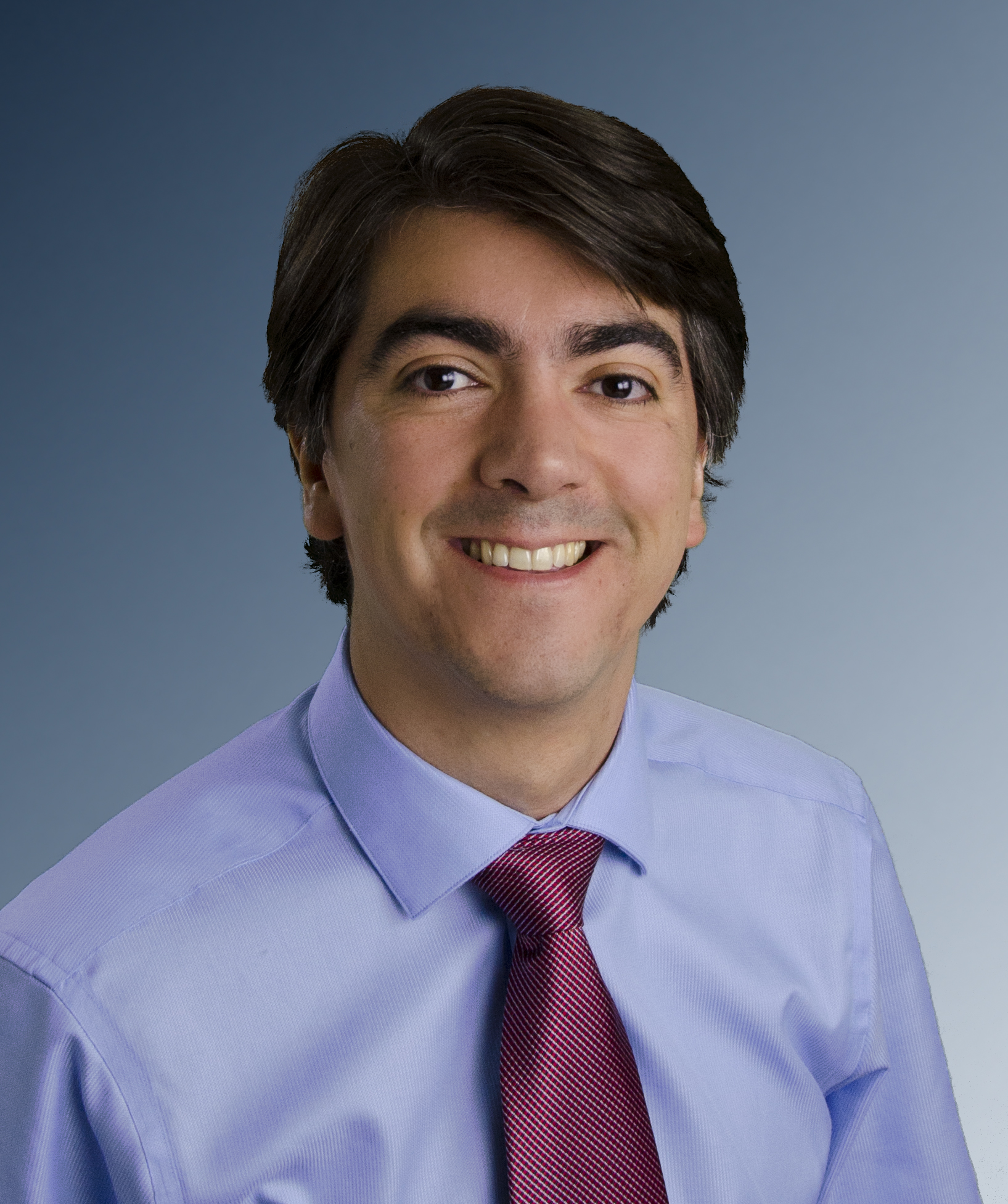By Gary Goettling
For a number of recent graduates of the H. Milton Stewart School of Industrial & Systems Engineering (ISyE) at Georgia Tech, the experience has provided a springboard for successful academic careers at colleges and universities across the country. Some have remained in industrial engineering disciplines while others have obtained positions teaching business, underscoring the versatility of an ISyE education at Georgia Tech.
In the stories presented here, ISyE alumni comment on their career paths and some of the people who influenced them along the way.
Connecting Research and Practice
Kris Johnson Ferreira (BSIE 07) might not be indulging her passion for teaching and research were it not for the encouragement of Associate Professor Joel Sokol, one of her undergraduate industrial engineering professors at ISyE.
“I’d never really thought about getting a Ph.D. and what life would be like as an academic until Joel brought it up as a possibility,” said Ferreira, an assistant professor of business administration at Harvard Business School. “He told me about his experience getting a Ph.D. and what it was like to be a professor and what he enjoyed the most about it. I knew from talking to him that I would love the teaching and research aspects, and that definitely helped me make the decision to get a Ph.D. and go into academia.”
She was among a cohort of undergraduates who assisted Sokol with his well-known research in the application of data analytics to build predictive models of the NCAA men’s basketball tournaments.
The decision to apply to Georgia Tech was a “no brainer,” she continued. “It has the best IE program in the country with amazing students and faculty from around the world.”
After Tech, she spent three years working as a consultant before enrolling at MIT, where she earned a doctorate in operations research in 2015. Later that year, she joined the Harvard faculty.
“I really love teaching,” she said, “and Harvard Business School has a lot of resources to help new faculty succeed in the classroom.”
Another plus is that Harvard Business School offers the freedom to perform new research and apply industrial engineering to a variety of business applications, said Ferreira.
“I work in partnership with companies and use their data to help them make better revenue-management decisions, and I really enjoy this connection between research and practice.”
A President’s Scholar at Tech, Ferreira’s awards include a Revenue Management and Pricing Section Practice Award from the Institute for Operations Research and the Management Sciences (INFORMS) and an MIT Graduate Student Award for Excellence in Engineering Systems Teaching.
As for the future, she said that you never know what opportunities will come along, but right now, “I really love my job. I’m following my path and passion and doing what I love to do.”
A “Fun and Exciting Career”
ISyE's Leo and Louise Benatar Early Career Professor and Associate Professor Alejandro Toriello (BSIE 03, Ph.D. IE10) wasn’t thinking about an academic career when he entered Georgia Tech as an undergraduate. As a matter of fact, “I thought, ‘OK, I’ll do my four years and get out of here and never look back.’”
But after graduating and spending almost two years working as a consul- tant, graduate school started looking better and better.
“My job wasn’t a good fit for me,” recalled the Guatemalan native, “so I talked to some professors here at Georgia Tech — particularly my undergrad optimization professor, Özlem Ergun — about my interests and what I considered doing career-wise. Their advice helped me decide to pursue a Ph.D. Once I got started, I realized that academia might be a fun and exciting career.”
Toriello’s thesis advisor was A. Russell Chandler III Chair and Institute Professor George Nemhauser, whom he credits with invaluable guidance not only through five years of doctoral studies, but also for sharing consider- able insight into the nuts and bolts of an academic career.
“George was always available with an open ear and always found time to give me professional advice, and advice on strategizing and other aspects of enter- ing academia. He’s truly a fountain of knowledge in those regards.”
Ph.D. in hand, in 2010 Toriello accepted an offer from the University of Southern California in Los Angeles as an assistant professor of industrial and systems engineering. It was a wonderful experience, he said, but three years later, when the opportunity arose to join the Georgia Tech ISyE faculty, “I jumped at it.
“The professional opportunities offered by Georgia Tech are tremendous as is the Stewart School’s reputation in industrial engineering,” he explained, “so I couldn’t resist coming back and joining these people I know well and regard so highly.
“I joke sometimes that I’m like a bad cold — they can’t get rid of me,” he laughed.
Toriello notices a difference between the students he teaches and his own time as an ISyE undergrad in that the former are even better prepared for success in the classroom and beyond.
“Our students are very well-rounded and bring a much wider breadth of experience and skill sets,” he said. “They are really impressive in that regard, so it’s quite heartening to interact with our students.”
The recipient of a National Science Foundation (NSF) CAREER Award, Toriello reached a professional milestone this past summer when he was awarded tenure. His next step is promotion to full professor.
“I’ll continue to do work in my field and aim for a major research break- through,” added Toriello, whose research interests encompass transportation, logistics, and operations, as well as related topics in mathematical optimization.
Learning to Solve Difficult Problems
For Jim Luedtke (MSOR 04, Ph.D. IE 07), accepting a position as an assistant professor at the University of Wisconsin-Madison in 2008 was something of a homecoming. A Wisconsin native, he earned a bachelor’s degree in IE at UW-Madison in 2001. When he decided to continue his education at graduate school, Georgia Tech topped the list of possibilities.
“I was interested in operations research,” said Luedtke, who is now an associate professor and also serves as associate chair of graduate affairs. “Georgia Tech is a national research leader in that field, so Tech was a natural choice to obtain the background I needed to do good research.”
Luedtke’s research interests include stochastic optimization, mixed linear and nonlinear integer optimization, and optimization applications. His work has been recognized with an NSF CAREER Award and the INFORMS Optimization Society Prize for Young Researchers.
Had he not pursued an academic career, Luedtke imagines he probably would have found a position in a company research lab, “applying the operational research tools that I learned at Georgia Tech to solve difficult applied problems.”
One of the major strengths of the Stewart School, according to Luedtke, is the curriculum’s shared emphases on both theory and application.
“There are exceptional people on both sides at ISyE, and they’re working together all the time.”
Two professors in particular stand out for Luedtke: George Nemhauser and Anderson-Interface Chair and Professor Shabbir Ahmed.
“I had co-advising with them,” he elaborated. “George has a very high-level, broad vision of the IE field, and that was very beneficial for me. Shabbir worked with me ‘in the weeds’ a little more with some difficult research questions. To have had both of them as mentors was a unique opportunity, and I was very happy to have had that chance.”
Helping Students Thrive
Linwei Xin (MS MATH 10, Ph.D. OR15) calls his transfer to ISyE “one of the best decisions I have made in my life.”
Two years into his doctoral work in mathematics at Tech, he switched to operations research.
“I wanted to see how to apply my knowledge of pure math to solve real-world problems,” explained Xin, a 2008 graduate of Zhejiang University, in Hangzhou, China, where he earned a bachelor’s in mathematics. “ISyE has world-wide esteemed faculty in operations research and many outstanding students, and I thrived quickly in this environment. Without this decision to study operations research, I might not have ended up in academia.”
Xin is an assistant professor of operations management at the University of Chicago Booth School of Business. He joined the Chicago faculty in July 2017 following a two-year stint as an assistant professor in the Department of Industrial and Enterprise Systems Engineering at the University of Illinois.
“Academia means more freedom,” he said. “Basically I am working for myself.
“I love conducting research, and especially love proving theorems and writing academic papers,” he added. “I also like teaching. I can reach many students at a university, and when I see their academic improvement, I feel that I’ve accomplished something impactful.”
An ongoing objective is to “see my students thrive, graduate, and have successful careers.”
Xin credits a measure of his own career success to guidance and advice from his professors in operations research, the advanced operations research courses he took, and interaction with his Ph.D. peers at Tech. In particular, Xin points to ISyE Professor Alexander Shapiro and Adjunct Associate Professor David Goldberg as playing key roles in his development as a researcher.
“I was very fortunate and honored to work with them on several exciting research topics during my Ph.D. studies,” he said. “I am extremely grateful for their dedication, generosity, and patience, and I learned tremendously from them.”
Xin’s honors include a Chinese Scholars Association for Management Science and Engineering Best Paper Award, first place in the INFORMS George E. Nicholson Student Paper Competition, second place in the INFORMS Junior Faculty Interest Group Paper Competition, and finalist in the Manufacturing and Service Operations Management Student Paper Competition. He also won an NSF grant as a principal investigator.
Engineering Logistics Saves Lives
Jessica Heier Stamm (Ph.D. IE 10) is interested in many things: teaching, solving problems, advancing humanitarian efforts, and learning new skills and subject areas. “Being a professor allows me to combine all those interests in one profession,” she observed.
Since 2010 she has been an assistant professor in the Department of Industrial and Manufacturing Systems Engineering at Kansas State University (KSU), where she earned her undergraduate degree in IE in 2004. For her doctorate, “I chose ISyE at Georgia Tech because of its excellence in operations research and, in particular, in supply chain and logistics applications.”
Even before graduate school, the Kansas native knew she wanted to workin the area of humanitarian logistics to improve the effectiveness of disaster preparedness and response.
As luck would have it, what is now called the Center for Health & Humanitarian Systems (CHHS) was established shortly after her arrival at Tech, which proved to be an excellent match for her research goals.
“I took classes from leaders in the field,” she continued. “I also had the opportunity to assist in writing proposals, an experience that contributed to my receiving an NSF CAREER Award and other grants.”
Heier Stamm’s additional honors include the KSU College of Engineering Outstanding Assistant Professor Award, two Outstanding Teacher Awards, the INFORMS Transporta- tion Science and Logistics Society dissertation prize, and the Best Doctoral Thesis Award from the Humanitarian Logistics and Supply Chain Research Institute.
Heier Stamm noted that while many ISyE faculty influenced and inspired her, three mentors stand out: CHHS co-directors Özlem Ergun, Julie Swann, and Pinar Keskinocak, William W. George Chair and ADVANCE Professor and Interim Associate Dean for Faculty Development & Scholarship, College of Engineering.
“They taught me how to balance my work’s impact for social good with its scholarly contribution.”Heier Stamm’s long-term career goal is to transform disaster preparedness and response supply chains “by developing contextually appropriate models and solution methods, and by preparing a diverse community of industrial engineers to address inter- disciplinary challenges.”
Bringing Logistics Expertise Back to Alma Mater
Raised in central Arkansas, Ashlea Bennett Milburn (Ph.D. IE 09) didn’t know she wanted to be a professor until she was an undergraduate at the University of Arkansas (UA). After participating in a number of internships, she realized she was not applying her IE skills as much as she would like.
“I knew that staying in academia would be a way to really dig in with those skills.”
Milburn left Arkansas in 2003 with a bachelor’s degree in IE, hoping to return to her alma mater one day as a professor and, perhaps one day down the road, an administrator. Her first stop was Virginia Tech, where she received a master’s in industrial and systems engineering. Then Milburn began looking for a school for her Ph.D.
“I wanted to do logistics work, and a lot of Georgia Tech faculty were doing that,” she said. “Plus, Tech has a great reputation and is the top-ranked IE program in the country.”
Her focus on logistics made practical sense, given its importance to many Arkansas companies and, consequently, to UA.
“We have a really strong emphasis on logistics, and a lot of our employers are looking for logistics engineers,” she said, citing the example of her undergrad internship with the J.B. Hunt trucking company. “Walmart is headquartered here, and at its core, it’s a logistics company.
“I knew Georgia Tech would equip me with the logistics skills and expertise I needed to come back here and be competitive.”
Even before arriving on campus, Milburn knew she wanted Associate Chair for Graduate Studies and Coca-Cola Professor Alan Erera as her Ph.D. advisor.
“His research interests appealed to me,” she explained. “His work is deeply theoretical, but he applies it to solving real-world, practical problems. I learned how to do that from him.”
Milburn’s honors and recognitions include an NSF CAREER Award; a Best Paper Award from IISE Transactions on Healthcare Systems Engineering; the IISE Logistics and Supply Chain Division Teaching Award; and Outstanding Teacher, Outstanding Researcher, and Outstanding Faculty Advisor awards from the UA Department of Industrial Engineering.
A Strong, Positive Influence
The best part about working as a professor at MIT is “interacting with extremely smart and driven young people,” said Juan Pablo Vielma (Ph.D. IE 09). “It keeps you on your toes and forces you to keep your tools current.”
The Richard S. Leghorn (1939) Career Development Associate Professor of Operations Research at MIT’s Sloan School of Management, Vielma said he had aspired to become either a professor or a researcher since attending the University of Chile, where hereceived a B.S. and M.S. in mathematical engineering. He joined the MIT faculty in 2012 after serving as an assistant professor at the University of Pittsburgh and a Herman Goldstine Postdoctoral Fellow at the IBM Thomas J. Watson Research Center.
His decision to obtain a doctorate at Georgia Tech was based on his examination of the Stewart School’s courses, professors, and students. “I did consider ISyE’s top ranking, but more important was learning from friends who were already studying at ISyE that this ranking was not just a number,” he noted.
In terms of his academic career, one of the important takeaways from his Tech experience was “learning how important it is to work hard on research you enjoy,” Vielma said. “I learned this both from the professors and my classmates.”
Vielma’s research interests include theory and technology for linear, nonlinear, and stochastic mixed integer programming; and optimization models in sustainable natural resource management, marketing, and statistics.
His work has earned for him numerous awards including a Presidential Early Career Award for Scientists and Engineers, an NSF CAREER Award, and first prize in the INFORMS Junior Faculty Interest Group Paper Competition.
At Tech, Vielma received valuable encouragement and support from “pretty much all professors I interacted with, particularly my advisors, Shabbir Ahmed and George Nemhauser,” he said. “It would take forever to go over the different ways they inspired and influenced me.
However, I think Professor Emeritus Gary Parker deserves a special mention. He was associate chair for graduate studies while I was at ISyE, and he was crucial in creating an academic environment that facilitated the strong positive influence I received from my professors and classmates."
